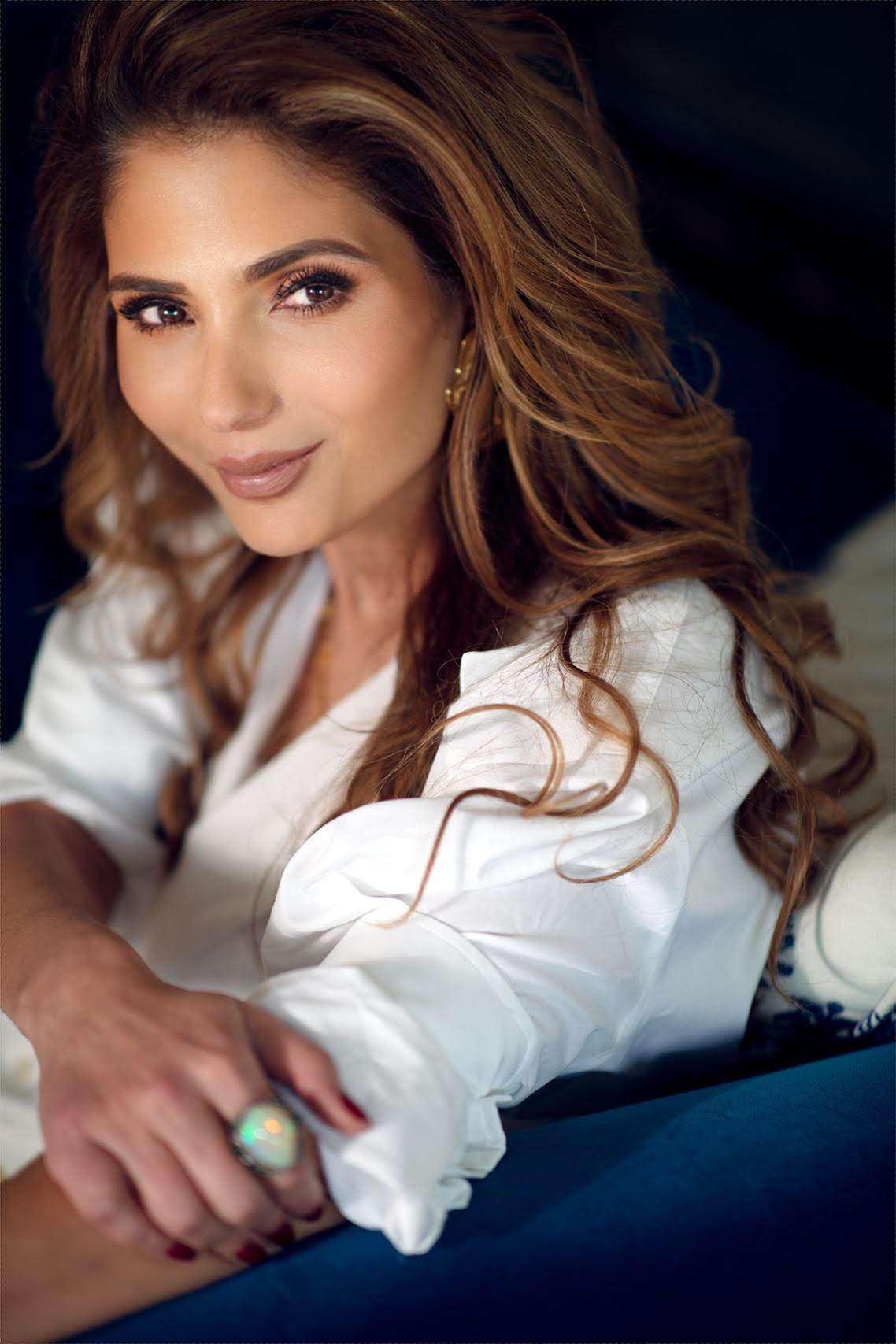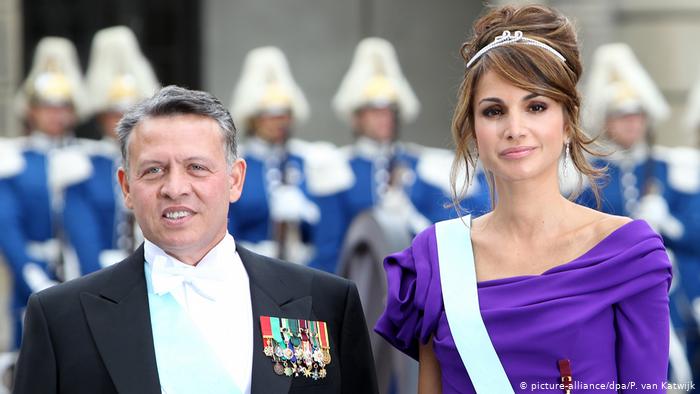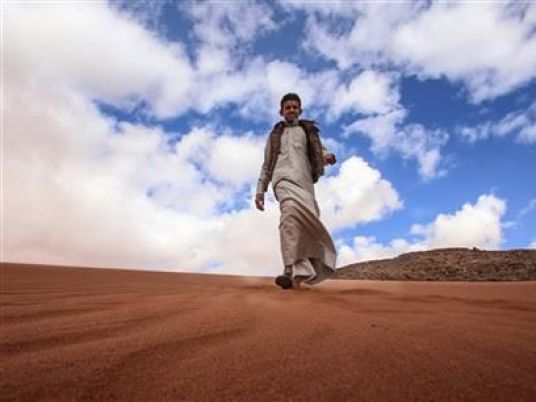Queen Rania of Jordan returned to her alma mater today after her last speech in 2001, to invite students at the American University in Cairo (AUC) to remember their responsibility as educated citizens towards their societies, the Middle East, and the world.
AUC President David D. Arnold told hundreds of students, gathered at AUC’s Bassily Auditorium, that Quenn Rania is an “AUC alumna driven by four forces in her life–career, activism, faith, and family–who has achieved great popular and political support; an example of what the American University strives for.”
The event was organized by the AUC’s John D. Gerhart Center for Philanthropy and Civic Engagement. Queen Rania’s lecture focused on what she called one of her core ideologies, civic engagement, which President Arnold describes as “simple, but emphasizes the foundational role of education and aid worldwide.”
For Queen Rania, an advocate of education, social development and equal economic opportunities for all, civic engagement is a recurring theme, one she deems “quintessentially a feature of Arab culture and the Islamic religion.”
After graduating from AUC, Queen Rania married then-Prince Abdallah bin al-Hussein of Jordan in 1993 and gave birth to four children, Prince Hussein, Princess Iman, Princess Salma, and Prince Hashem. Her husband became King of Jordan in 1999, and since then Queen Rania has used her public position to better the livelihood of various sectors of society in Jordan and around the world.
“She is like the Middle Eastern Princess Diana, always there for the people, and really engaged in activities to make our lives and others’ lives better” says Zaina Bseiso, a sophomore at the AUC Business School.
Queen Rania supports a number of initiatives in education, which she describes as “necessary if we hope to achieve sustainable social progress, and to stop sweeping obstacles under the rug of social discourse.”
It is her view that quality teaching is necessary for social progress. In October 2005, King Abdullah and Queen Rania launched, in partnership with the Jordanian Ministry of Education, an annual teachers’ award, known as the Queen Rania Award for Excellence in Education, aimed at setting national standards of excellence in teaching.
“Universities need to be incubators of education as a type of social engagement, and teachers are very important to instill the values of civic engagement and incite students to actively partake in their contexts.”
In April 2008, Queen Rania also launched an initiative called Madrasati (My School), a public-private initiative aimed at renovating 500 of Jordan’s poorest public schools over a period of five years.
“By changing its actions, the profit-driven private sector can still earn profit, but also assist in education, which is something that everyone has a vested interest in.” Madrasati aims to improve education by creating a better learning environment, by means of engaging students, local businesses and communities to improve school infrastructures. In April 2009, Madrasati added another 100 schools to its list.
Queen Rania also believes of grassroots impact. “Though our tendency is to blame the government for problems and view it as an entity that looks down on its citizens, we can’t wait for the government. You as citizens must look up to social progress. It takes a nation to uplift a nation,” Queen Rania said.
Queen Rania has received the nickname "YouTube Queen" because of her attempts to break stereotypes, which have included starting her own YouTube channel as a way to promote intercultural exchange by calling on young people around the world to engage dialogue to abolish stereotypes of Muslims and the Arabs.
“I am tired of the Middle East being considered a fragmented and fractious region, when we are so devoted to our families and our environments.”



